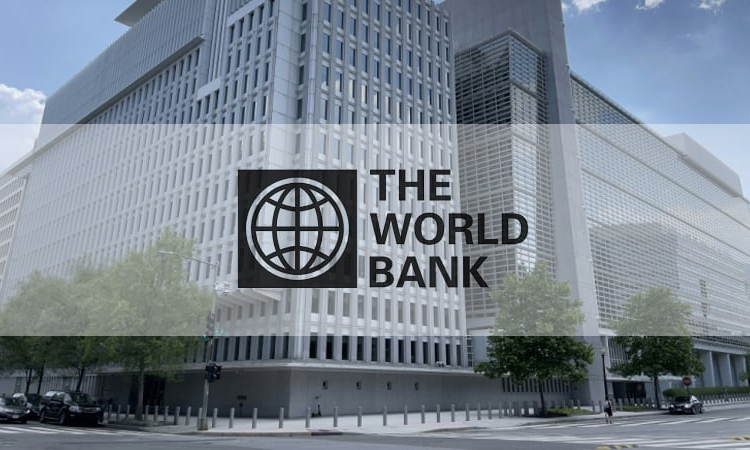News Flash

DHAKA, July 16, 2025 (BSS) - World Bank Vice President for South Asia, Johannes Zutt, concluded his first official visit to Bangladesh today, reaffirming the World Bank's continued commitment to help the country address its development priorities and to support the people of Bangladesh.
Zutt met with Chief Adviser of the Interim Government, Professor Muhammad Yunus, and commended the government for undertaking critical reforms needed to create the foundations for economic resilience and enhance transparency and accountability in public institutions.
He updated the Chief Adviser on ongoing and planned World Bank support in Bangladesh. In response to urgent needs of the country, the World Bank committed over $3 billion last fiscal year to help improve essential services, including health, water and sanitation, and social protection; to increase investment in infrastructure and environmental sustainability; and to support financial and public sector reforms, said a press release.
"I am delighted to return to Bangladesh, where the people, and notably the youth, are determined to have a better future," said Zutt.
"Our longstanding partnership with Bangladesh has helped lift millions of people out of poverty and we will continue to help the country build economic and climate resilience, mobilize private investment, and create opportunities for meaningful work." he added.
During his visit, Zutt also met with the Finance Adviser, the Planning Adviser, the Bangladesh Bank Governor, the Special Envoy for International Affairs, as well as other senior government officials and representatives from the private sector to discuss emerging challenges and opportunities.
The World Bank is committed to helping Bangladesh to remain on a robust and inclusive growth path.
The World Bank was among the first development partners to support Bangladesh following its independence.
Since then, the World Bank has committed more than $46 billion in International Development Association (IDA) financing in the form of grants, interest-free loans, and concessional credits to help the country address its development priorities.